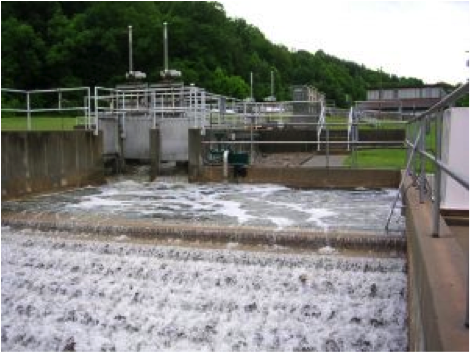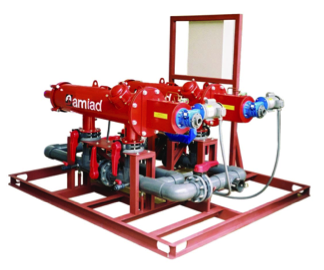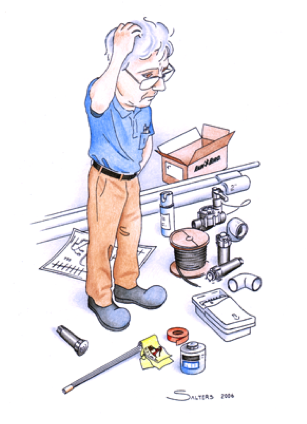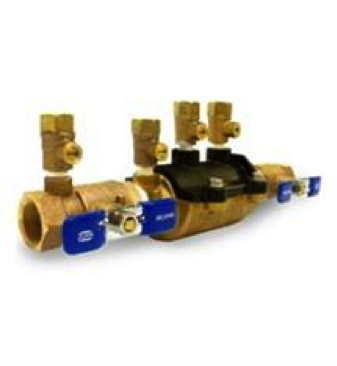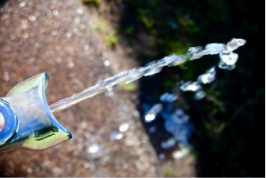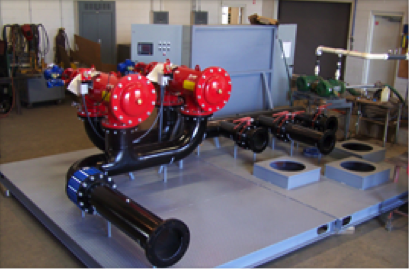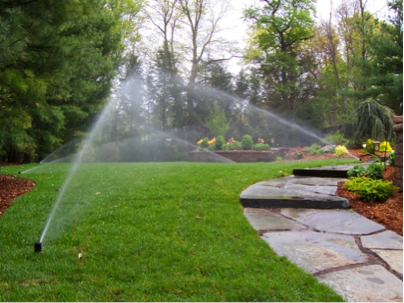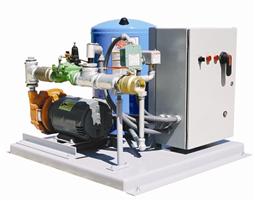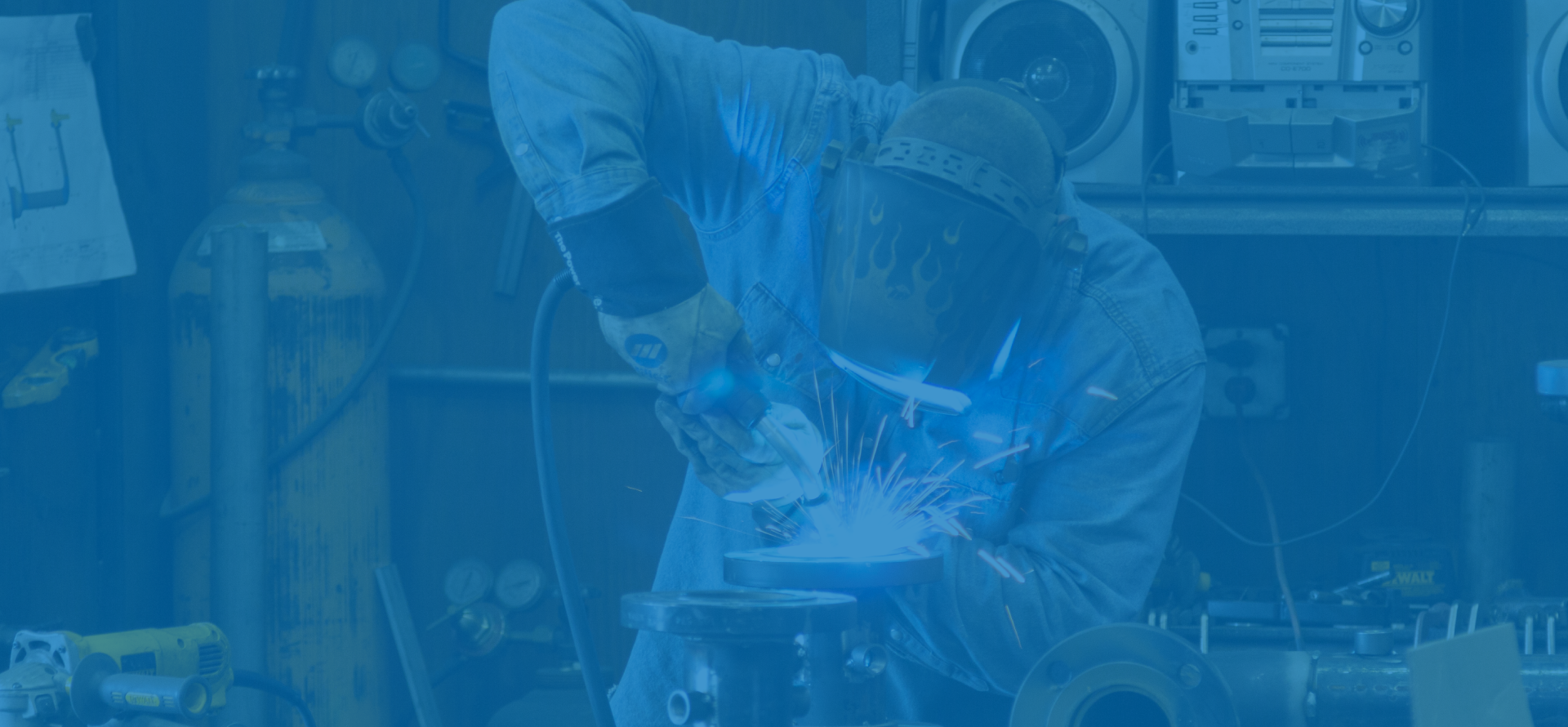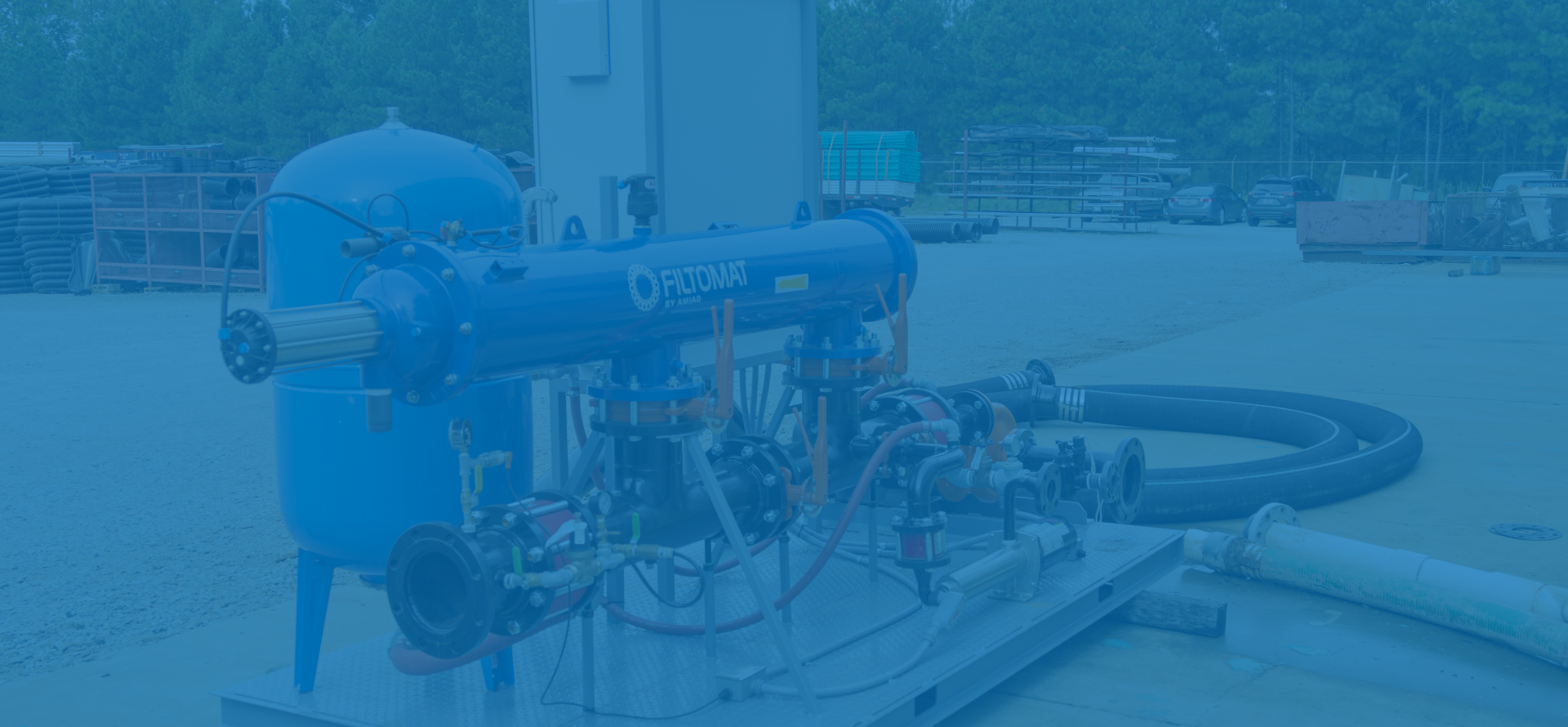Sewage pump stations maintain a clean world.
You may not have thought about this before, but sewage pump stations are largely to be credited for your quality of life. One of the greatest parts about the world we live in today is the fact that we can have clean water.
The remarkable ingenuity that the generations of people before us have worked to establish has given us a world where we can live without fear of disease and other contaminants. But what does it take to get there? How is it that sewage pump stations work and mange to take some of the most disgusting water imaginable and turn it back into something clean and safe?
Sewage pump stations play an important role in achieving this amazing accomplishment. Water from these stations is pumped to treatment plants where it is cleaned and purified. The treatment of the water takes three processes.
1. First the solids and oils are removed from the water.
2. Next the water is moved to where all biological matter is removed.
3. Finally the water is disinfected.
Once the water has completed all of these the water is pumped back out into the natural places from where it originally came, such as lakes and rivers.
For more information about how sewage pump stations work visit the water treatment specialists at W.P. Law, Inc. who are available to answer your questions.


